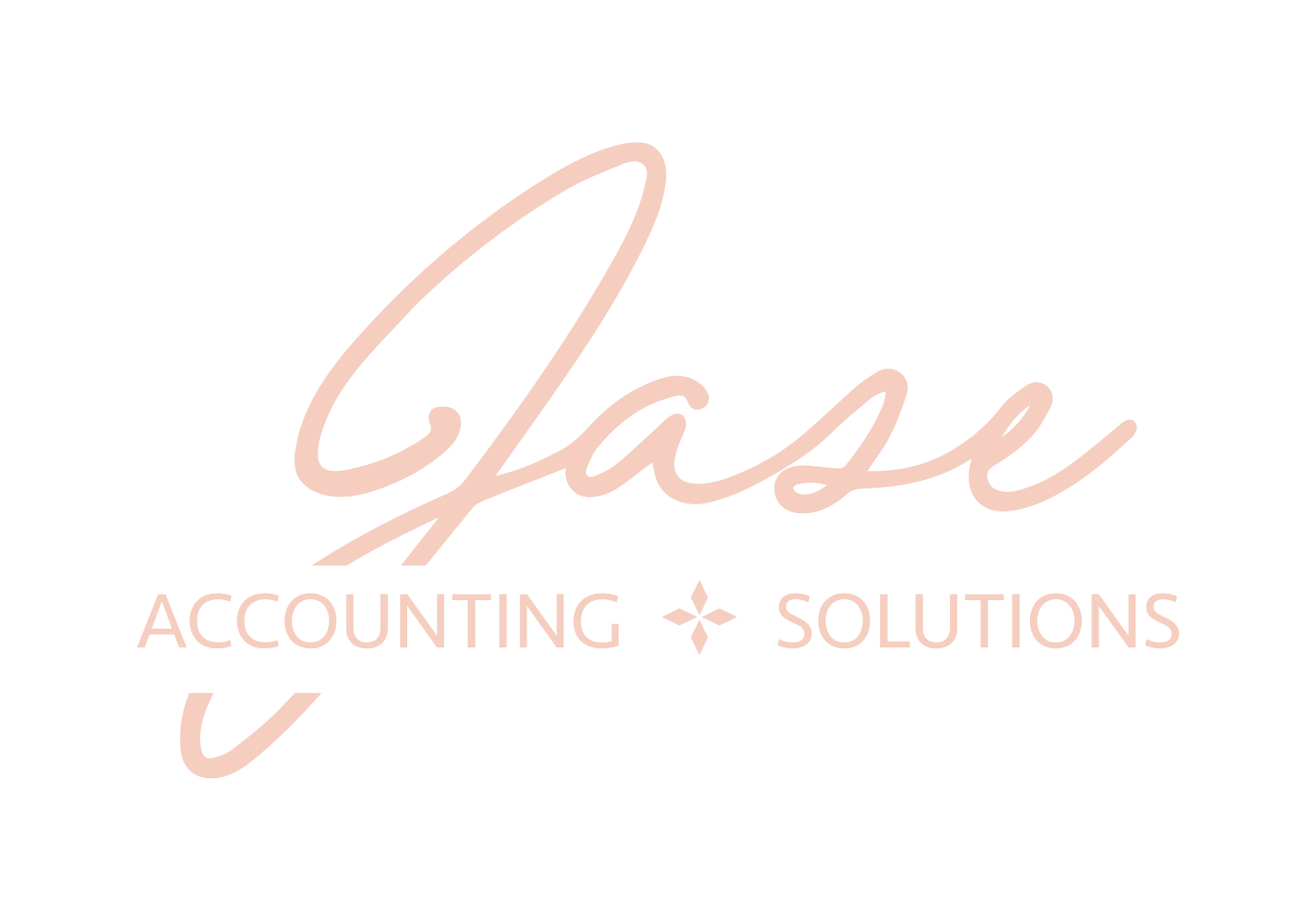Pay Yourself First or “PYF” Method
When it comes to your business, understanding HOW to calculate your profit and allocate your income is going to help you understand your financial picture so you can better strategize your next launch, and be confident in making big decisions such as bringing on another contractor or making your first full-time hire.
And if you’re using profit-focused accounting, you’ll be rewarded for your efforts too! Here’s how:
Profit-Focused Accounting
Most accountants will tell you to use the Profit = Revenue - Expenses formula to calculate your profit, but this approach has most owners believing that their profit is whatever is left over at the end of the month. And how often do you see money left over and think “oh good, I will spend that on XYZ biz expense” or “I guess I won’t pay myself anything this month”?
For this reason, I recommend my clients use this formula:
Sales - Profit = Expenses
Yes, I am saying, pay yourself FIRST - before you pay any expenses! Furthermore, if your revenue is under 7 figures, I encourage you to allocate every dollar that comes into your company between the following buckets/bank accounts: Profit, Taxes (got to keep Uncle Sam happy!), OPEX (operating expenses), Owners Comp, and a Reserve (savings account). Simply tracking your income and expenses isn’t going to cut it when you’re scaling to 7-figures and beyond. You need to be intentional about every dollar.
Recommendations for Allocating Your Income
Now, let’s talk about these different buckets/bank accounts and how much income to allocate to each. Keep in mind the percentage you allocate to each bucket will vary by business based on industry, what stage the company is in, and the company’s financial goals.
Weekly (or at least monthly), I encourage you to allocate every dollar received into the company in the following accounts:
Income - No allocation here as this is the account where all of your income will be deposited in. Then you will transfer money out of this account to the other accounts.
Profit - 10% - I encourage my clients to never touch this money unless it’s to reward you personally. Remember, this is your “kudos for a job well done” account so spend it on yourself! Don’t reinvest this money into the company if you can help it. This isn’t where your “salary” goes…keep reading where we discuss which bucket that falls into.
Taxes - 15% to 20%
Owners Comp - 30% - If you are not an S-Corp and therefore not an employee (meaning you don’t get a W-2) then you will want to use this account to pay yourself “wages”. If you are an S-Corp, your pay will go under OPEX as it will be included in payroll. At that point, you can use this account to hold any distributions you want to pay yourself in addition to your W-2 wages.
OPEX - 30% - This is where all expenses go including payroll.
Reserve - 10% to 15% - This % will vary greatly based on the Cash Reserves/Savings you have at the time of implementing this method. Ideally, this account should have 10% to 30% of your annualized revenue (average monthly income x 12 months) or 3 to 6 months of operating expenses. This is to help with cash flow on slower revenue months, to act as a savings for a big business purchase/investment, or help weather a recession.
Example:
Let’s break this down in an example. Olivia is an online business coach and earned $10,000 in January. Olivia allocated her monies as follows:
Profit - $1,000 (10%)
Taxes - $2,000 (20%)
Owners Comp - $3,000 (30%)
OPEX - $3,000 (30%)
Reserve - $1,000 (10%)
Following this method, ensures you, as the owner, are being paid so you can enjoy the fruits of your labor while also being intentional about every dollar in your business. When you work with me, we will analyze your historical financials, company goals, current cash reserve and create a tailored bucket/bank account allocation for you to follow each month to reach your financial goals.
If you need support with your financial forecasting, let’s chat.

